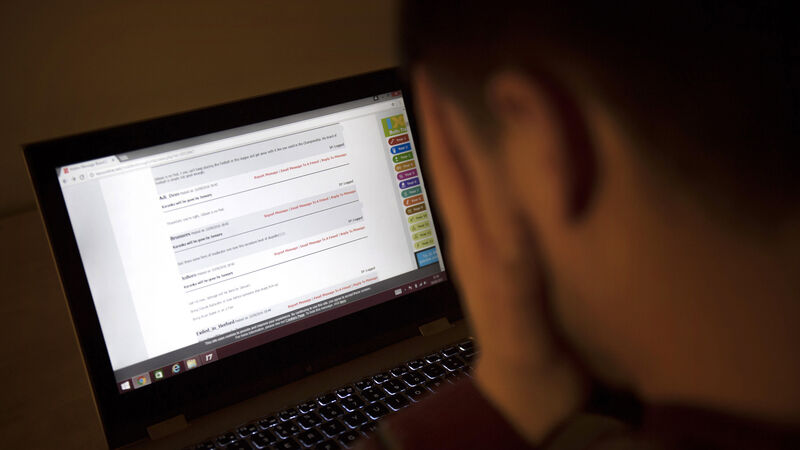Government warned of 'dangerous levels' of bullying in schools and calls for action

The IREC is compelling the Government to set a timeline for the publication and implementation of a new action plan on bullying and cyberbullying in light of their findings.
The Irish Human Rights Commission (IREC) has called for the State to act in light of "dangerous levels of bullying" they say schoolchildren continue to experience in schools and online.
The IREC is compelling the Government to set a timeline for the publication and implementation of a new action plan on bullying and cyberbullying in light of their findings.












